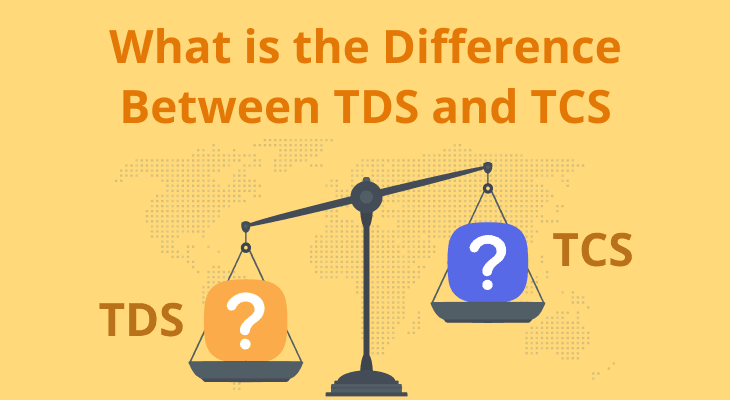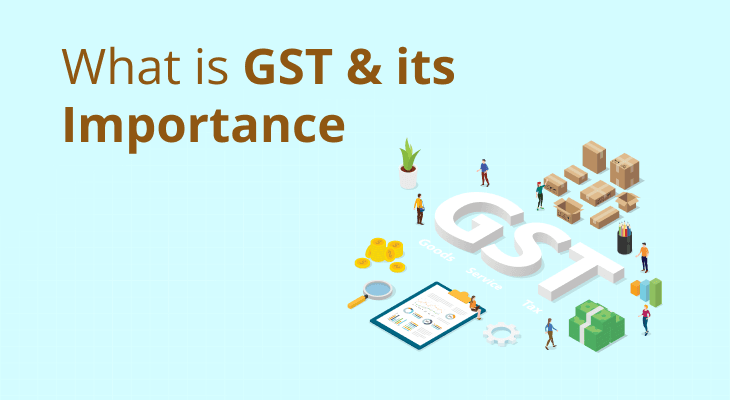Learn all about Tax
Types of ITR forms available to Indian taxpayers
4 March 2025 | 4 mins read
From visa applications to bank loans and beyond, the Income Tax Return (ITR) plays a vital role in various aspects of financial life. While its uses may be diverse, its primary significance lies in taxation. This article explores the meaning of ITR, the types of ITR forms available and the steps to file an ITR online.

Tax on Dividend Income: Exemptions, Reliefs, and Taxation Explained
28 February 2025 | 5 mins read
When companies make a profit, they may share a portion of it with their shareholders in the form of dividends. Dividends can be given in cash or as cash equivalents. Not all companies pay dividends, and some may choose to reinvest their earnings into the business instead. If you do receive dividends, they count as income for you, which means they come with tax implications. So, how are dividends taxed in India? Let’s find out.

What is ITR in India? Process, Benefits, and Deadlines Explained
28 February 2025 | 7 mins read
Learn what ITR (Income Tax Return) is in India, its filing process, benefits, and important deadlines. Understand how tax filing in India works and the essential steps to file your ITR.

How Does Tax Loss Harvesting Work?
20 February 2025 | 6 mins read
Tax planning plays a crucial role in personal wealth management, and tax-loss harvesting is a very effective tool for it. While you try to grab opportunities and increase your potential gains in the stock market, understanding tax harvesting can help you optimise your portfolio and maximise post-tax returns. Let’s find out more about it.

What is an Aadhar Card Virtual ID?
23 January 2025 | 4 mins read
With the rise in digital authentication and online services, securing personal information is more critical than ever. The Aadhaar Virtual ID was introduced to enhance privacy for Aadhaar cardholders, adding an extra layer of security to protect personal sensitive data. Introduced by the Unique Identification Authority of India (UIDAI) in 2018, the Virtual ID (VID) allows individuals to verify their identity without revealing their 12-digit Aadhaar number. This article explains what an Aadhaar Card Virtual ID is, how it works, and why it’s a valuable tool for ensuring data security in the digital world.

What are Tax-free income sources in India?
23 January 2025 | 5 mins read
Taxes can be overwhelming, especially during tax season, which often comes with an additional sense of stress. However, with a little knowledge about the exemptions available under the Income Tax (IT) Act of 1961, you can significantly reduce your taxable income. This article will explore the top nine tax-free income sources in India that you can leverage when filing your income tax return to maximise savings.

National Savings Certificate Scheme
23 January 2025 | 7 mins read
As the famous saying goes, “Save money and money will save you”. While saving is essential and the first step to ensuring financial security, investing those savings is important to build wealth. There is a wide range of investment options in India to suit diverse goals and preferences, one of which is the National Savings Certificate (NSC). In this article, we will delve into the meaning, features and benefits of the NSC scheme.

Long-Term Capital Gain Tax on Shares in India
2 January 2025 | 5 mins read
Understanding long-term capital gains tax on shares is crucial for investors aiming to maximize profits while complying with Indian tax regulations. Long-term capital gains or LTCG tax applies to profits earned by holding shares for more than a year. The new 12.5% tax rate, exemptions up to ₹1.25 lakh, and revised provisions highlight the need for investors to stay informed. Let us explore the long-term capital gains tax, its implications, and steps to calculate it effectively.

Short-Term Capital Gain Tax on Shares in India
28 January 2025 | 6 mins read
Investing in shares offers the potential for substantial returns, but it is equally important to understand the tax implications of such investments. One significant aspect of taxation in India is the short-term capital gains tax on shares. This tax applies to profits earned from the sale of shares held for less than 12 months, categorising them as short-term gains.

What is a Tax-Saving Fixed Deposit?
3 January 2025 | 6 mins read
When it comes to saving taxes, many individuals look for investment options that not only help grow their money but also provide tax benefits under Section 80C of the Income Tax Act. A tax-saving fixed deposit (FD) is one of the most popular instruments for this purpose. It allows you to secure your money for a fixed tenure while claiming a deduction on your taxable income. Unlike other volatile investments, a tax-saving FD provides guaranteed returns, making it a safe bet for risk-averse investors. In this blog, we will explore everything you need to know about tax-saving FDs, from how they work to their benefits and limitations.

What is the Difference Between TDS and TCS
24 December 2024 | 5 mins read
Taxes are an integral part of every country's financial system, and understanding the technicalities of tax rules is critical for good personal financial management. In India, the government charges different taxes to generate revenue, which is subsequently used to fund the country's growth. Two essential tax systems, TDS (Tax Deducted at Source) and TCS (Tax Collected at Source), play critical roles in tax collection. They may seem similar at first glance, yet there are substantial differences between the two. They serve distinctive purposes and are subject to various regulations. Let us discuss what TCS and TDS are, highlight their vital differences, and provide examples to help clarify these concepts.

What are The Documents Required for GST Registration
24 December 2024 | 5 mins read
gst registration documents, gst registration procedure, documents required for gst registration, docs required for gst registration, documents needed for gst registration, gst register requirements, gst registration documents list, gst documents

What is GST & its Importance
24 December 2024 | 6 mins read
Since its introduction, the Goods and Services Tax (GST) has transformed India's indirect taxation structure. GST was introduced to create a uniform tax system across the country, and it has significantly influenced both businesses and consumers. In this piece, we will look at what is the full form of GST, including its history, objectives, types, registration process, and importance. Understanding the complicated rules of GST allows you to comprehend better its significance in the Indian economy and how it simplifies the taxing process.

What is PPF & What are its Benefits
24 December 2024 | 6 mins read
Saving on taxes is an essential aspect of financial planning. With the right knowledge and strategies, you can significantly reduce your taxable income and maximise your savings. Among the many available investment options, the Public Provident Fund (PPF) stands out as a highly beneficial scheme. This article will answer questions like ‘What is a PPF account’?, ‘What are the features and advantages of a PPF account ‘?, and ‘What is the process to open and manage a PPF account’?

How to Save Tax in India
24 December 2024 | 7 mins read
Taxes are a part of our financial lives that often cause stress and anxiety. But with effective planning, you can significantly reduce your tax burden. Whether you're a salaried individual, a business owner, self-employed, or a senior citizen, understanding how to save tax in India can help you make the most of your income. This guide explains tax-saving strategies and provides actionable insights on saving income tax in India.
